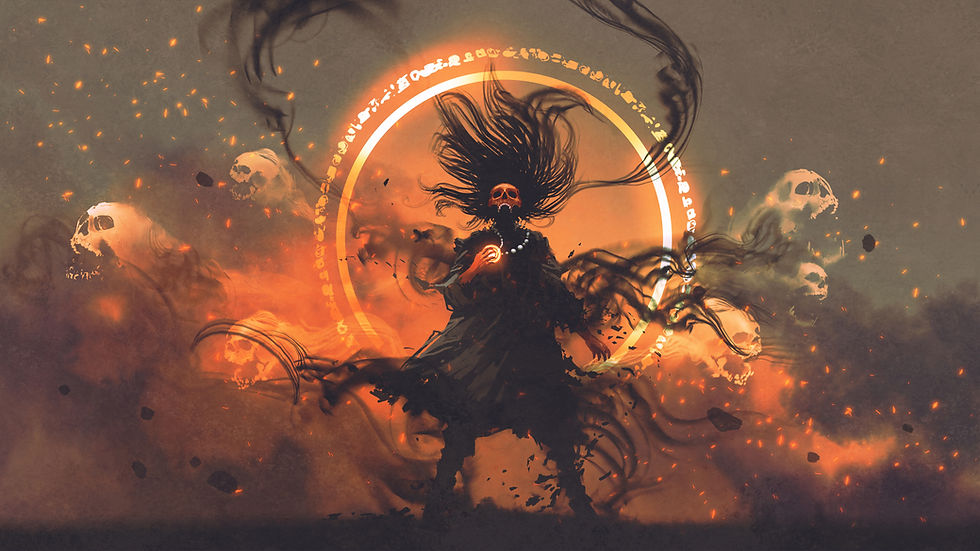We Don't Know Love - We ARE Love
- Kimberly Ruggiero

- Feb 9, 2022
- 3 min read

"Philosophy begins with the understanding that you cannot just observe or experience and then report what you see, because how you conceptualize and symbolize alters experience." --Eugene Gendlin, American Philosopher
I've been thinking about the importance of curiosity and why it's so hard to stay open. It's supposed to be a fundamental quality of scientists but even scientists get stuck into thinking knowledge is absolute. Perhaps it's just the nature of mind; to want to get to the answer and stop the uncertainty. Considering the fact that science is about taking measurements. How do you apply the scientific model to what cannot be measured? Introspection and direct experience is hard to capture since each of us experiences things differently. Many western physicists spend their lives studying the movement of particles without consideration to forces outside of the physical, measurable reality. Nicola Tesla, inventor, engineer and physicist, considered a genius by many, said, "The day science begins to study non-physical phenomena, it will make more progress in one decade than in all the previous centuries of its existence." Since it's February, I thought it might be interesting to consider the phenomena of love. What is it and how can we define it? The dictionary states that love as "An intense feeling of deep affection." But can love be measured? With so many constantly seeking love, how do you get some? Do plants and animals love? Can love and hate be present at same time? (This makes me think of the story of a man who, after being convicted of beating his wife, was led out of the courtroom in tears saying, "She was the love of my life.") Some contemplatives believe that love is consciousness, an inherent property of the universe similar to gravity so that having an open, curious, presence is our true nature. When we block our inherent curiosity we become disconnected from truth. In other words, at our core, we are love, but we forget and in the forgetting we become smaller than ourselves. The great Sufi mystic and poet, Rumi wrote, "Your task is not to seek for love, but merely to seek and find all the barriers within yourself that you have built against it. You are the universe in ecstatic motion." It might be said that by its very nature, consciousness (love) is a blindspot in the current scientific worldview. How do you see the eye that is looking? How do you love the questions themselves? Talking about love is not love. Reading and studying love is not love. There is no clear scientific definition of consciousness because it lies beyond concepts. Maybe the better we get at curious observation without the need for measurable answers, the better we may grasp what Tesla was pointing at. I think it takes courage to be real; to stay open, not know and be vulnerable. To BE love by dropping the need to have an answer so the mind and body become a space of compassionate attention. The esteemed Harvard historian Daniel Boorstin wrote, "The greatest enemy of knowledge is not ignorance, it is the illusion of knowledge."
It's not sexy to not know, but maybe love is much bigger and more elusive than any definition we can imagine, which makes it even more magical.
"In ignorance, I am something; in understanding, I am nothing; in love, I am everything." --Rupert Spira, author and spiritual teacher







Comments